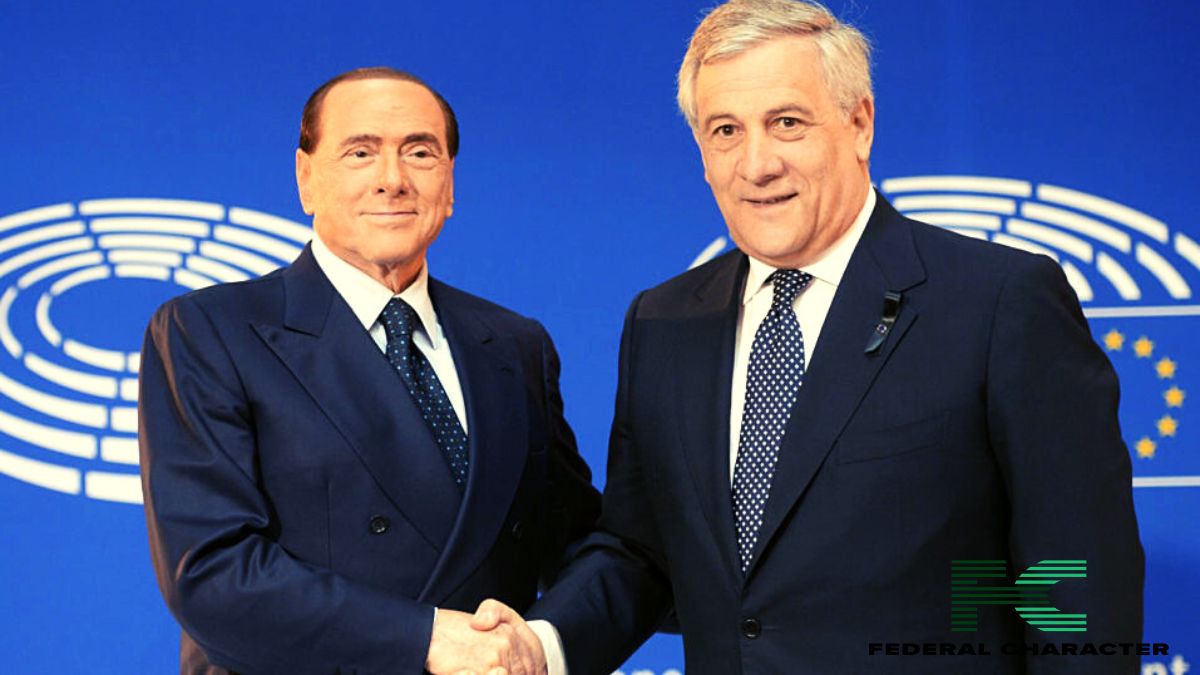In a move that could redefine the legacy of one of America’s most notorious scandals, President Donald Trump has signed a bill forcing the release of thousands of sealed documents from the Justice Department’s investigation into Jeffrey Epstein, effectively opening a Pandora’s Box of secrets about the late sex offender’s powerful network.
The legislation, passed with bipartisan support, mandates the Justice Department to release its trove of Epstein-related material within 30 days. While the administration has pledged “maximum transparency,” the order allows for the redaction of victim identities and details that could jeopardize active investigations—a loophole that critics fear could be used to protect the very powerful figures Trump has recently targeted for probe.

The signing marks a reversal for Trump, who for months faced intense pressure from his own base over perceived administration cover-ups of Epstein’s connections. This move now puts the machinery of the state behind revealing the secrets his supporters have long demanded to see.
Why It Matters
Let’s make one thing clear: this is less about justice for victims and more about political warfare. By signing this bill, Trump isn’t just releasing files; he’s weaponizing the deep state he often rails against, turning it on his political enemies. The “Pandora’s Box” analogy is perfect: once these documents are out, there’s no controlling the narrative, the fallout, or the collateral damage.
The crucial caveat—that information can be withheld to protect “active investigations”—is a gaping loophole. It gives the Justice Department the power to shape the narrative, potentially shielding allies and targeting rivals.
This is the opening salvo in a high-stakes information war where the Epstein files are the ultimate ammunition. The world is about to get a raw look into the darkest corners of power, but the question of who gets burned remains strategically, and dangerously, open.

















